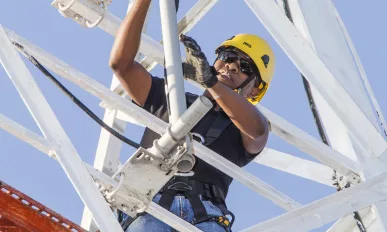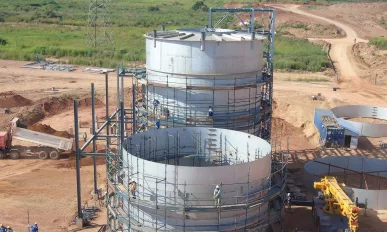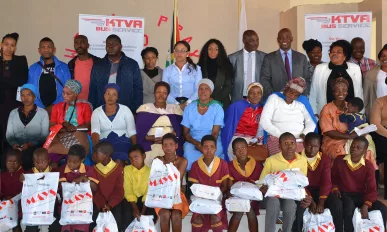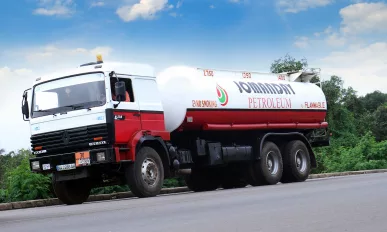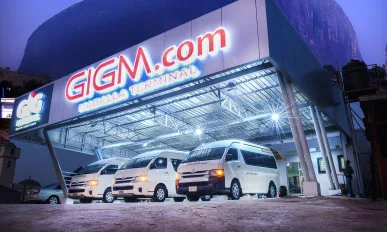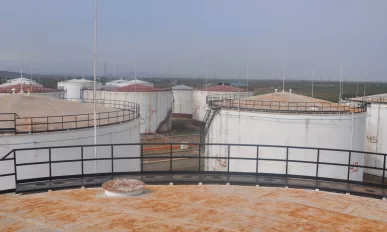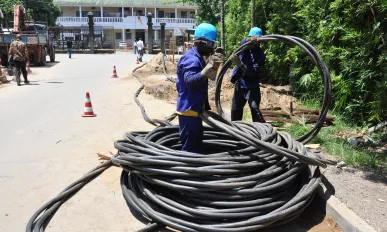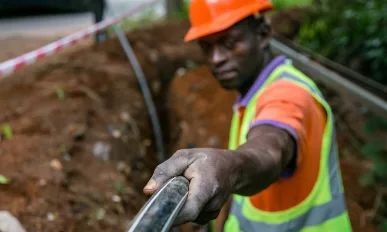Issue 74
SENTECH SOC : Transforming Connectivity
Championing digital content delivery, Sentech SOC is helping to revolutionise broadcasting and telecommunications across South Africa.
MTN Congo 2019 : Congo’s Connectivity Champion
MTN Congo continues to promote digital inclusion across the country through numerous investments in the likes of mobile money, content streaming and affordable smartphones
METC Engineering : Redefining Effective EPCM
METC Engineering was established in 2017 to offer a fresh approach to engineering, procurement and construction management work.
KTVR Bus Service : Driving Growth
A BRT system built for the masses, KTVR is set rejuvenate opportunity, both socially and economically, in the Ekurhuleni region of South Africa.
Jomanday Group : For the Love of Liberia
Jomanday Group is driving development in its beloved home country and across borders as it continues to invest in entrepreneurial pursuits.
GIGM : Daring to be Different
Established as a stalwart of African innovation, the transport offering of GIGM remains inspired by customer-centricity.
Ethiopian Petroleum Supply Enterprise (EPSE) : Petroleum Power
Ethiopia’s sole importer and distributor of refined petroleum products, EPSE is helping to uphold the country’s rapid economic expansion.
Eneo : Cameroon’s Electricity Transformer
Eneo continues to invest in energy infrastructure upgrades and community-driven projects, with its think big, start small approach.
CSquared 2019 : FibeRising Africa
By enabling ISPs and MNOs to better serve their customers, CSquared is helping to drive the fibre revolution across Africa’s urban centres.
Cim Group : Modernising Money
CIM Group continues to pioneer new technology-driven solutions for its customers in Mauritius and elsewhere.
Checkers Food Services : Finding Value in Food Service
Checkers Food Services is showing how effective, efficient operations translate into mutual benefits for all.
Botswana Telecommunications Corporation : Strategic Success
The Botswana Telecommunications Corporation is championing change when it comes to connectivity, introducing next-generation LTE.



